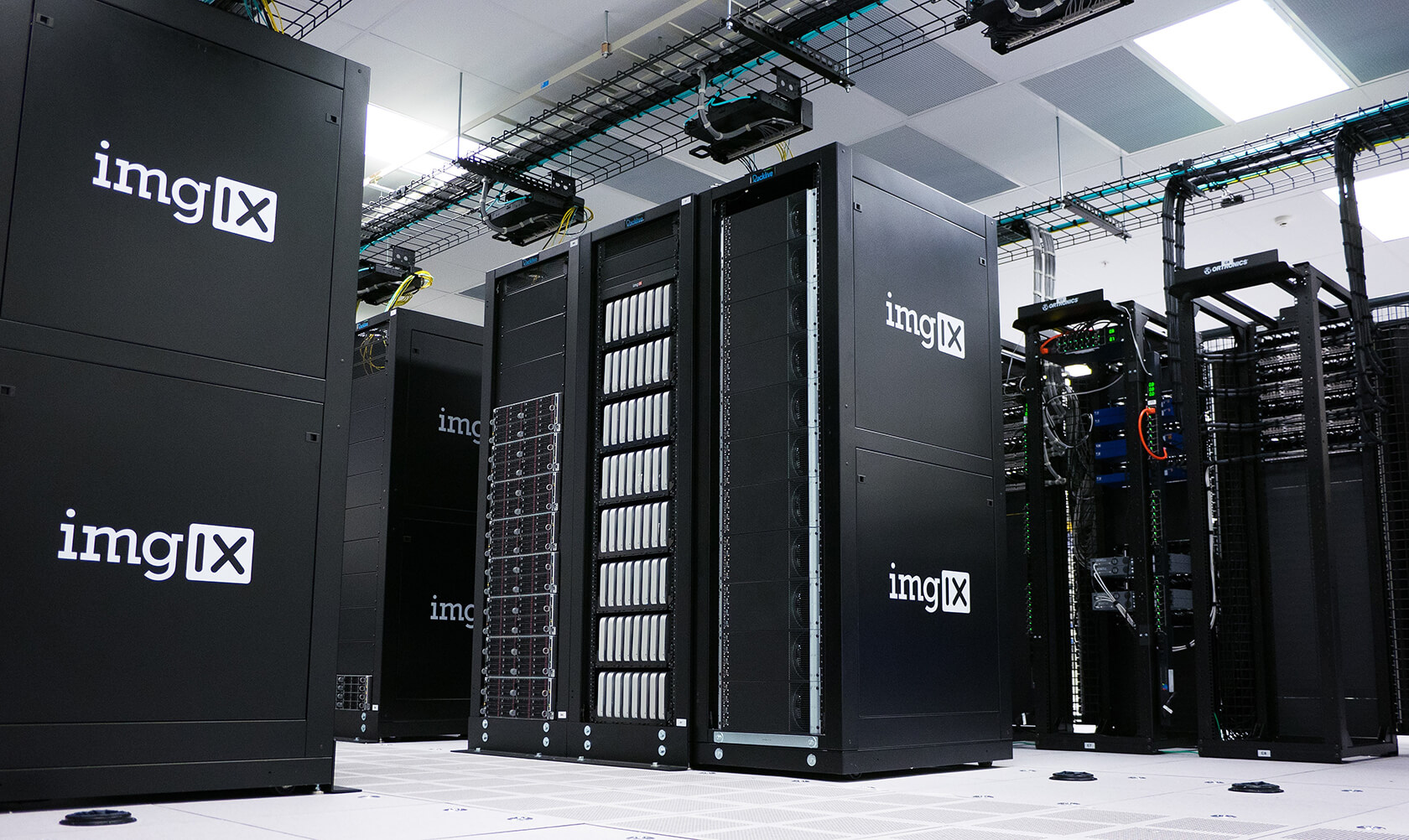The ‘Lighthouse Projects’ are in the clinical disciplines of the chronic diseases Epilepsy, Haemophilia and Bipolar Disorder. The epilepsy Lighthouse project is a partnership between a number of organisations – RSCI, HSE, eHealth Ireland, Epilepsy Ireland, Beaumont Hospital and Ergo. There are many positive outcomes and benefits for patients as well as healthcare professionals associated with using information technology within health.
The Challenge
Providing Individualised Services and Care in Epilepsy (PISCES) is a Lighthouse Project with a number of partners including HSE, eHealth Ireland, Epilepsy Ireland, RCSI and Beaumont. In the past there was no way for patients, academics or clinicians around Ireland to record their medical details electronically which created numerous problems.
The Solution
The PISCES Project is about using technologies to promote a model of precision, proactive and personalised healthcare for the more than 40,000 people with epilepsy across Ireland. The solution developed is an Electronic Patient Record (EPR) and Patient Portal App focused exclusively on the needs of epilepsy patients. The patient portal is a mobile-first, cloud-based solution. No matter where care is delivered, information can be collected, added to the care record and accessed by the care team regardless of geographic location or care setting. The project also involves the development of a BI solution which enables clinicians to securely use aggregated patient data to analyse and gather insights for the wider patient community to inform future care and population health.
Clinicians now have a streamlined view of patient information through the Electronic Patient Record (EPR) – a single source of truth where all patient medical information can be recorded and accessed from anywhere nationwide. As part of the EPR, genetic data can be easily interpreted, and documenting decisions and agreed actions has been simplified.
Contribution from: Jaishil Upadhyay

